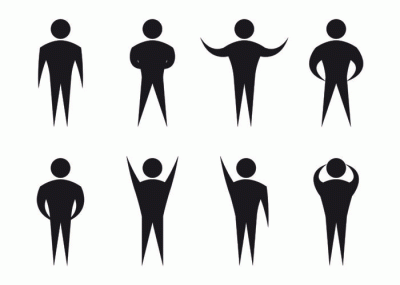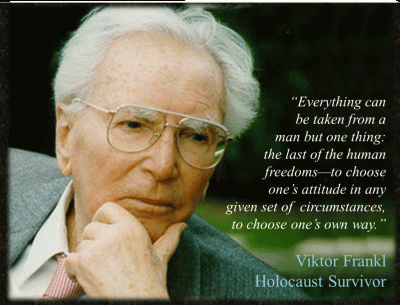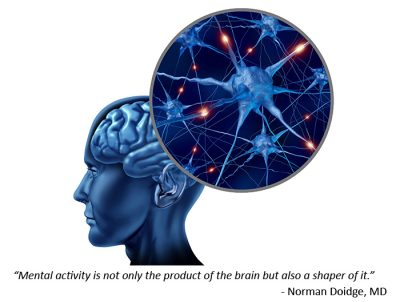Gestures Influence Invisible Infrastructures*
“Invisible infrastructures” include our states of mind, emotions and physiology. They are parts of our infrastructure in that they are components of interrelated systems that are essential to our living and interacting. Like the infrastructure of the United States, it usually receives little attention, especially in meetings. When we lose track of our infrastructures—proliferating thoughts, fluctuating emotions, and varying physical sensations—we can unconsciously influence a meeting for good or ill. In addition to the practices … Read more…










